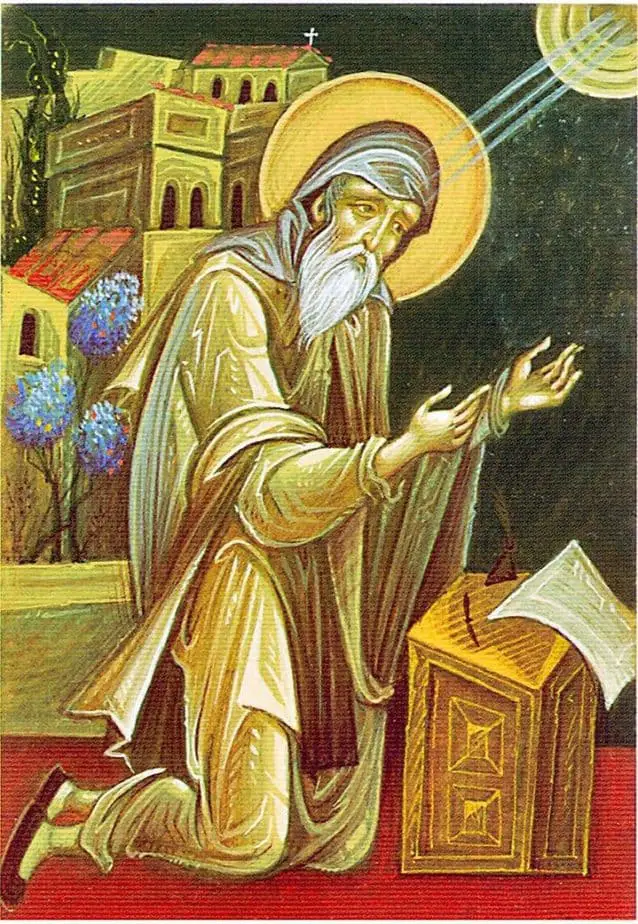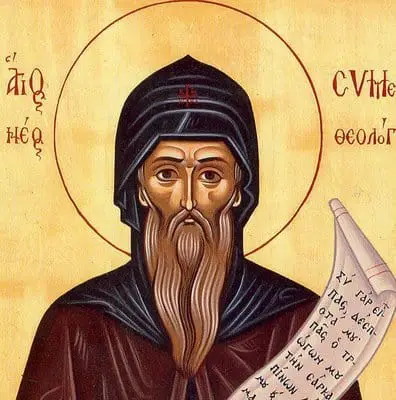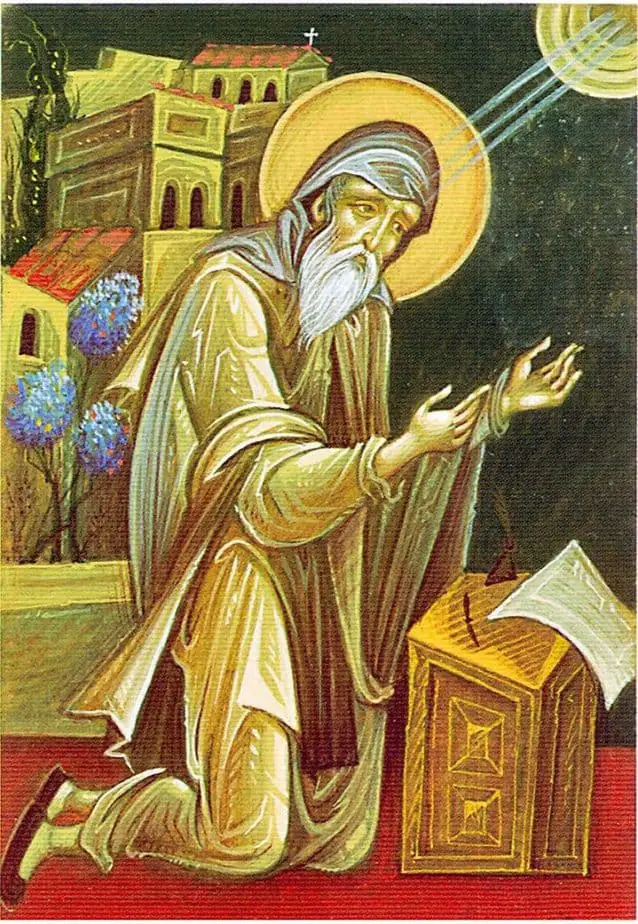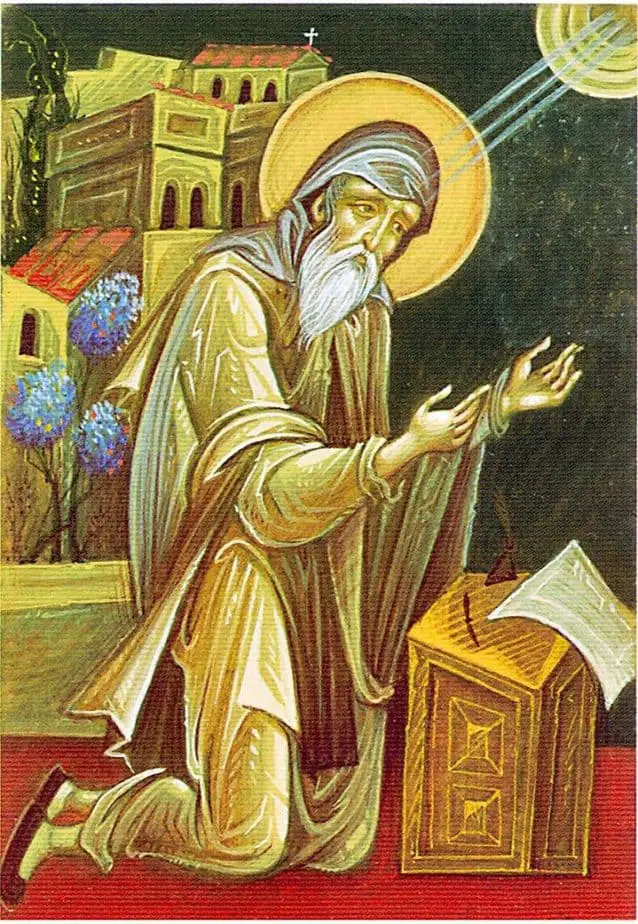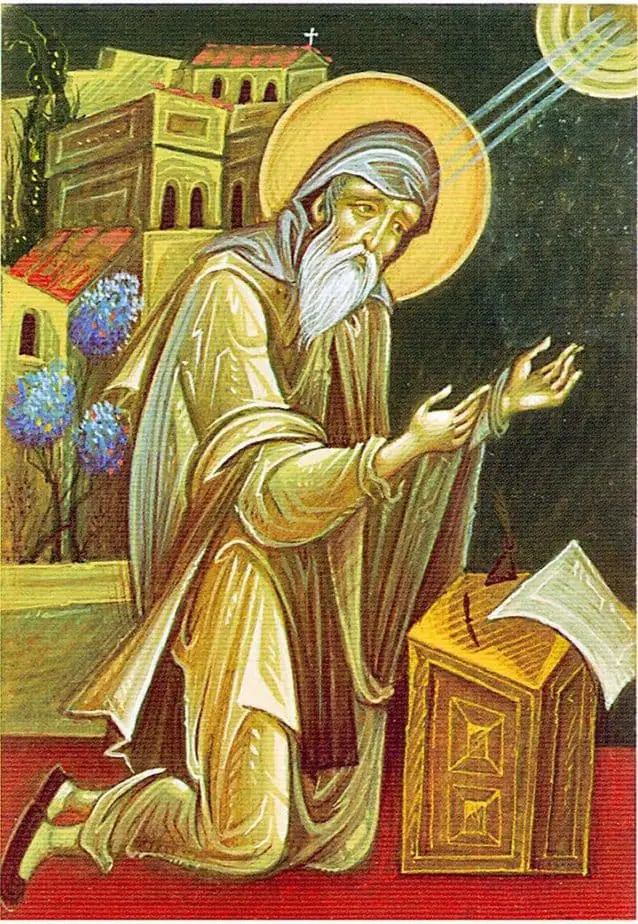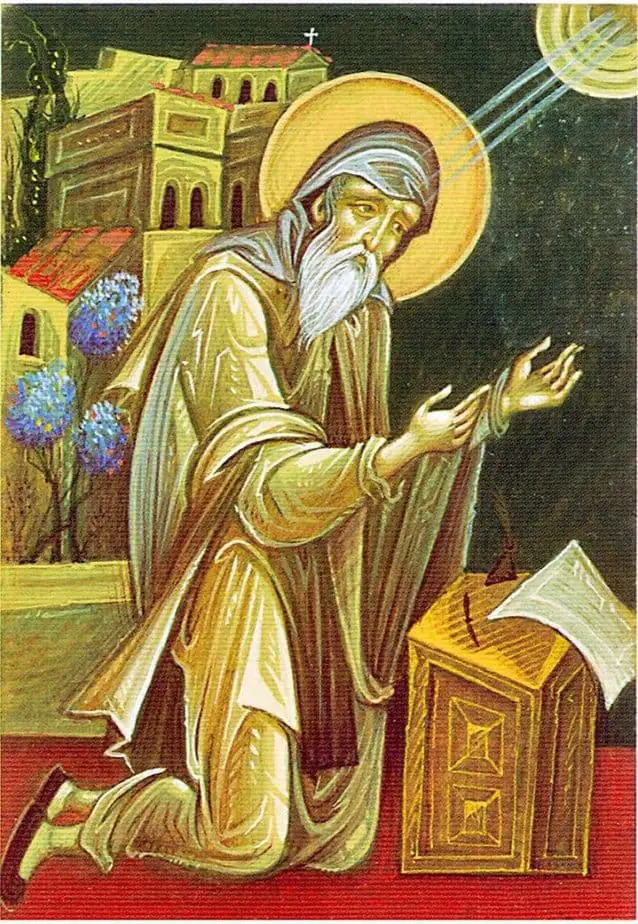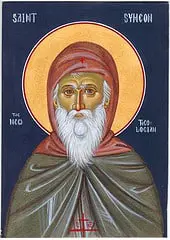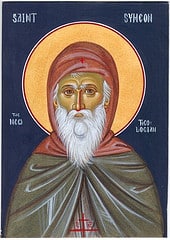St. Symeon the New Theologian: . . . are you not ashamed of playing with shadows and hoarding transitory things . . .

“If you know that all visible things are a shadow and all pass away, are you not ashamed of playing with shadows and hoarding transitory things? Like a child you draw water with a bucket full of holes; do you not realize it and take it into account, my dear friend? As though there were nothing more serious than appearance and illusion, as though reality has been taken from them?”
+ St. Symeon the New Theologian, Symeon the New Theologian: The Discourses (Classics of Western Spirituality), XIX Symeon’s Spiritual Concern

